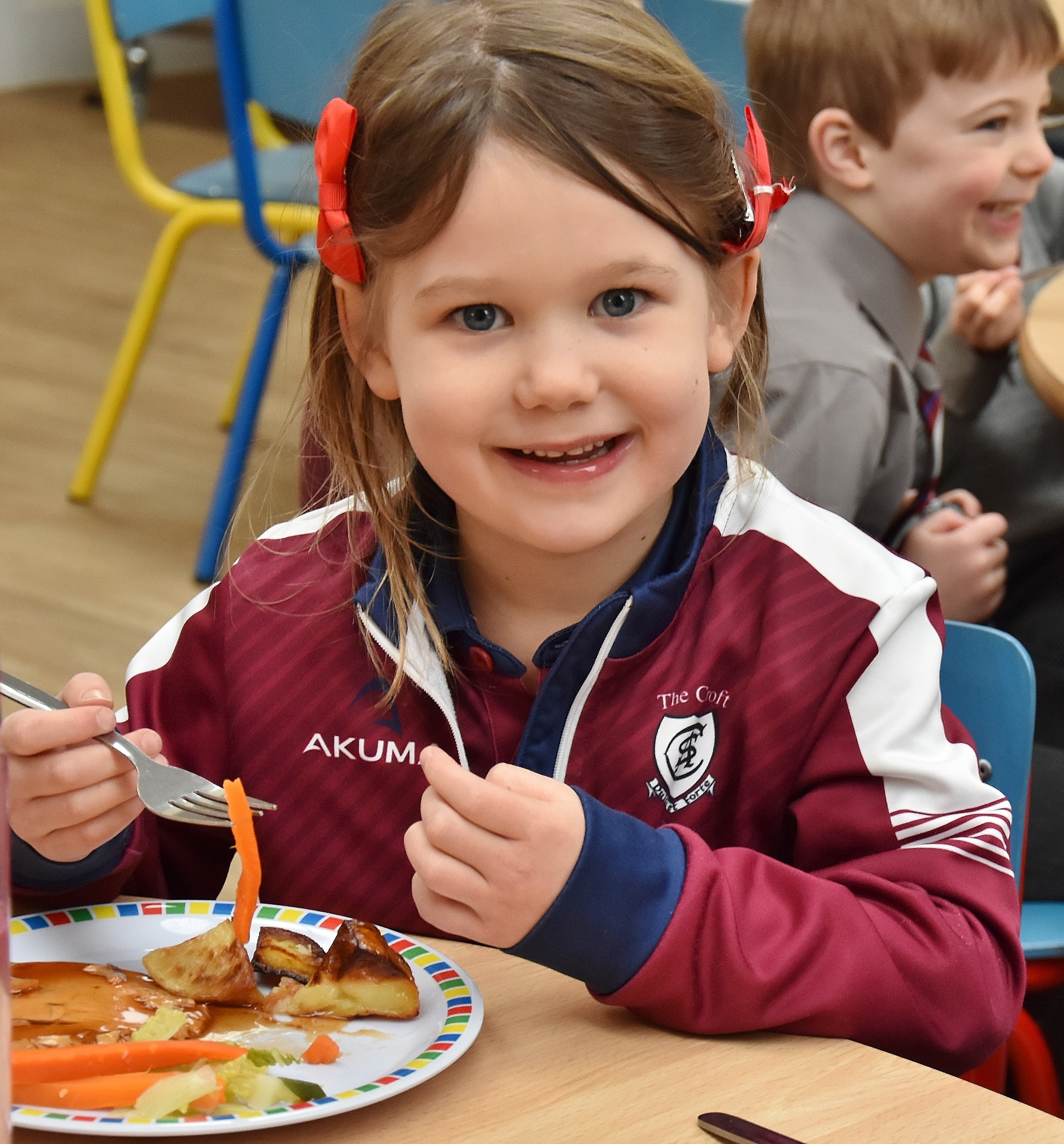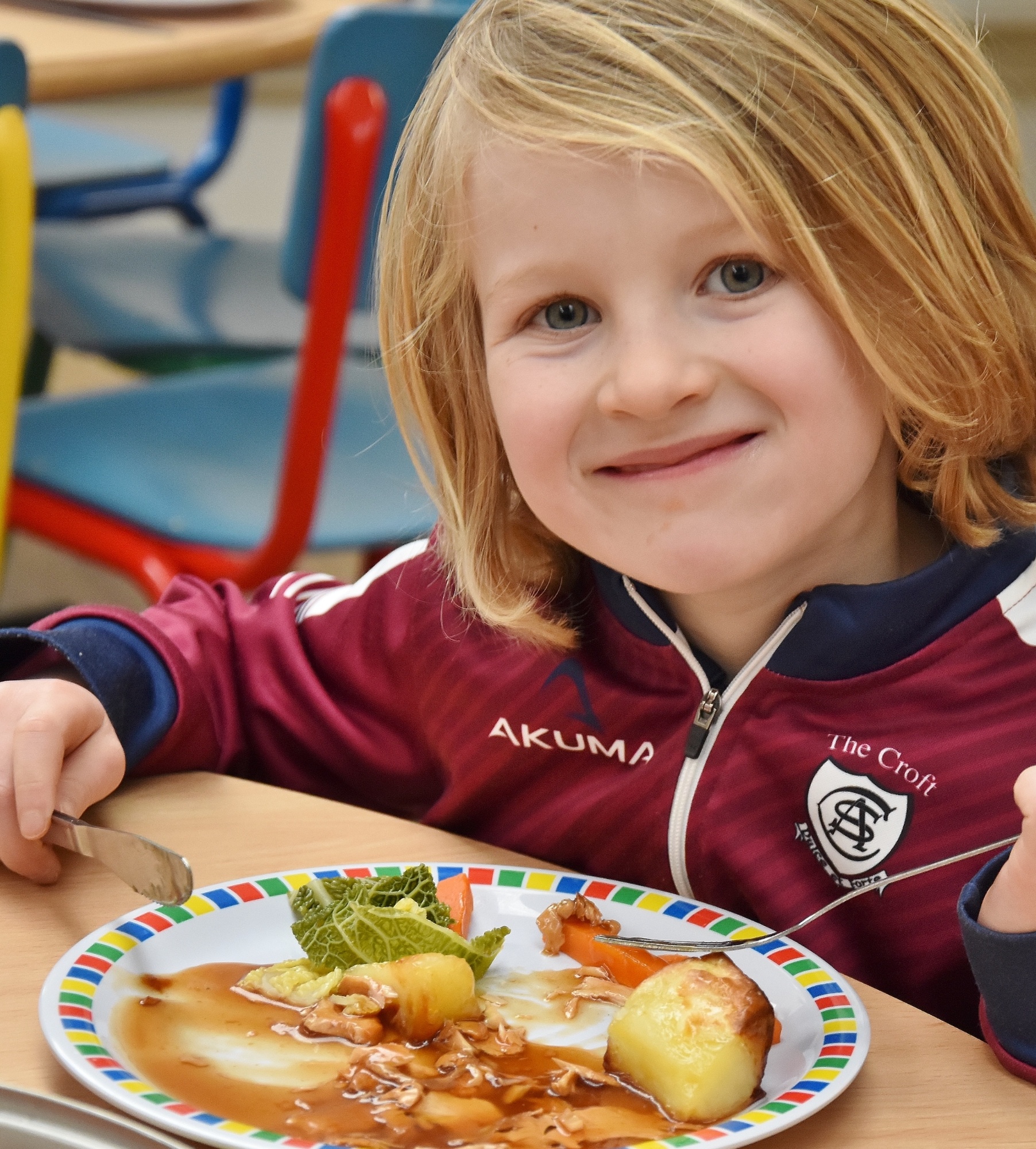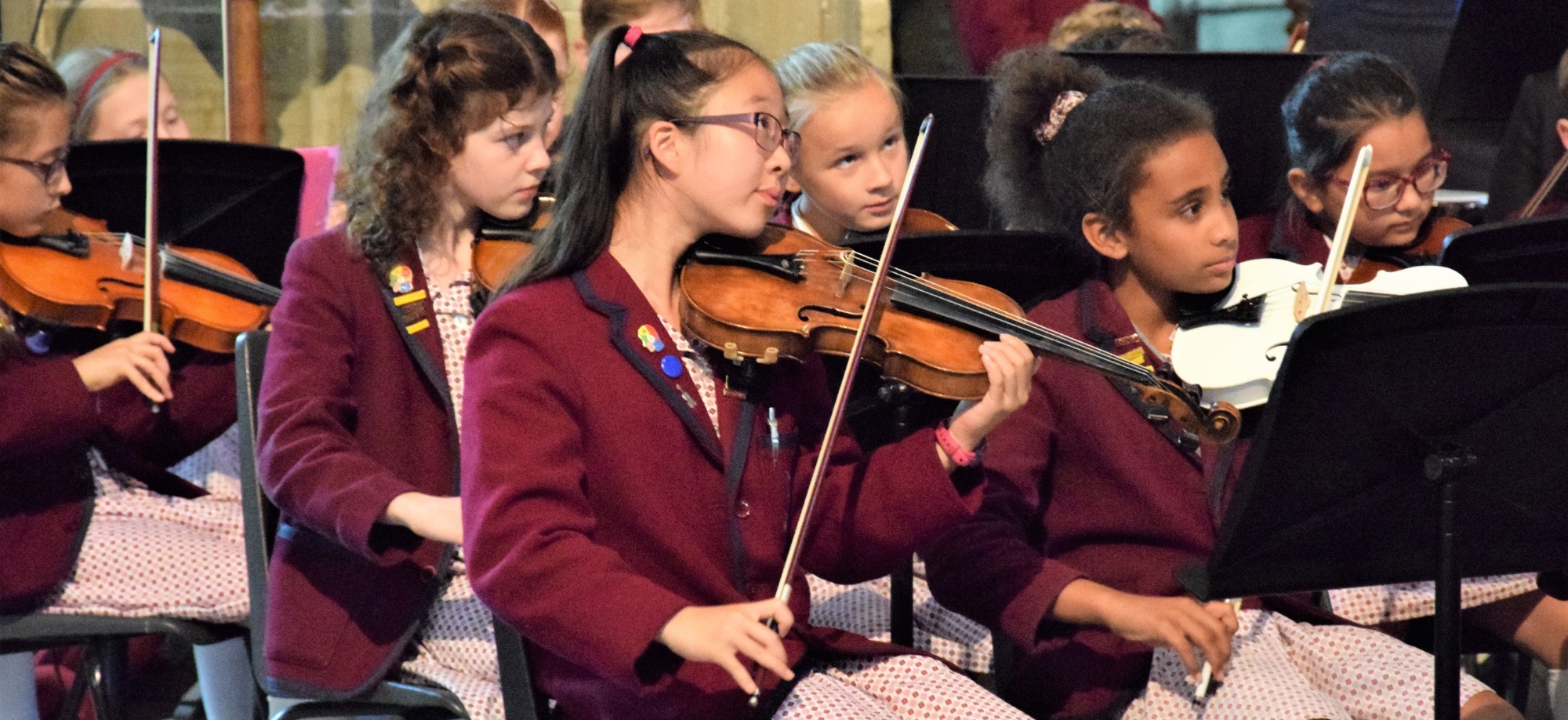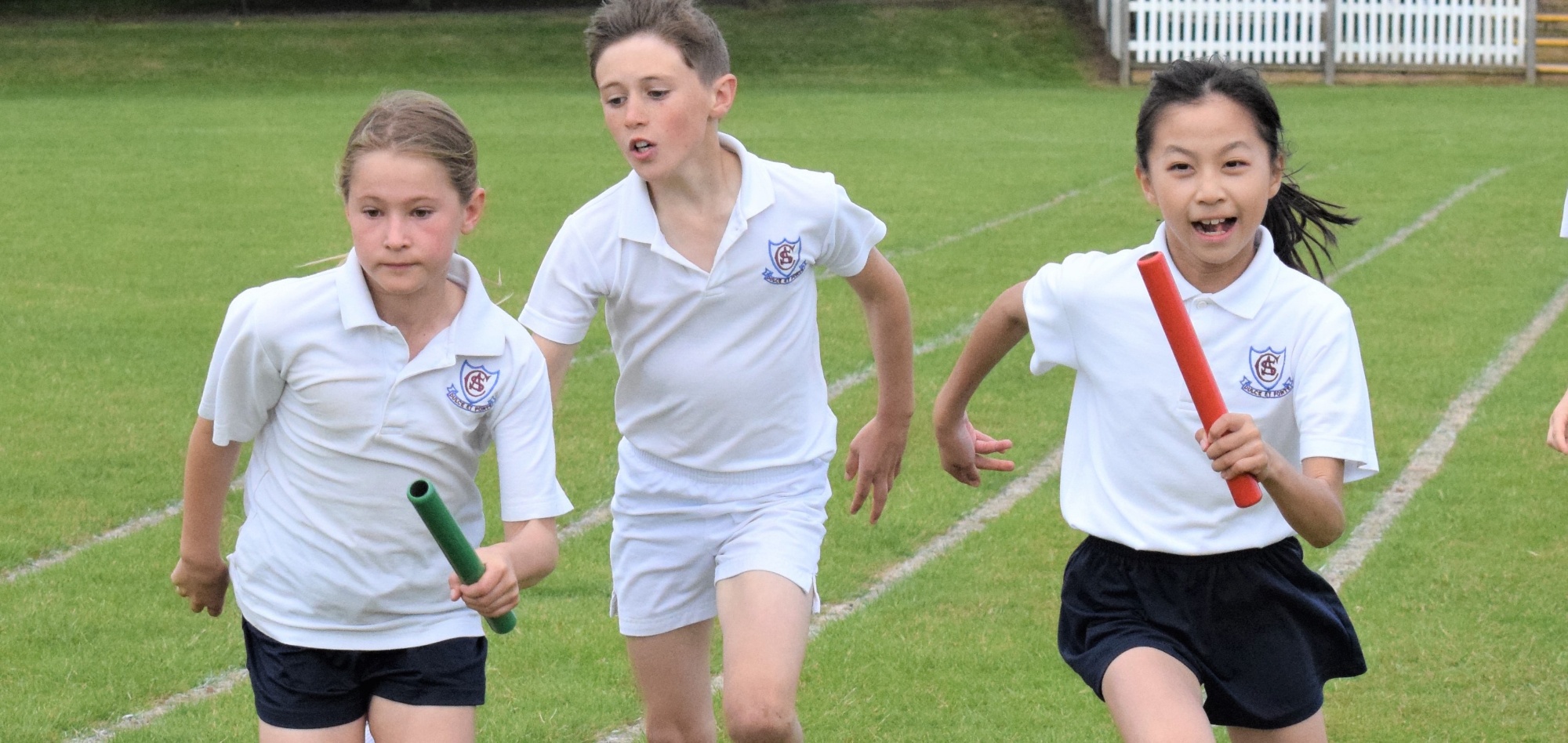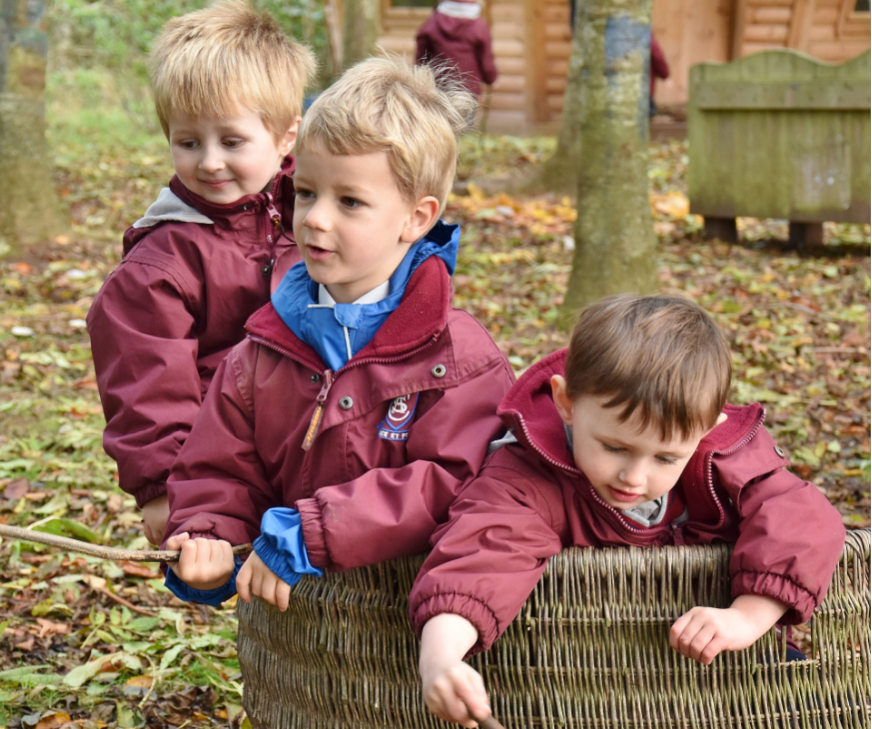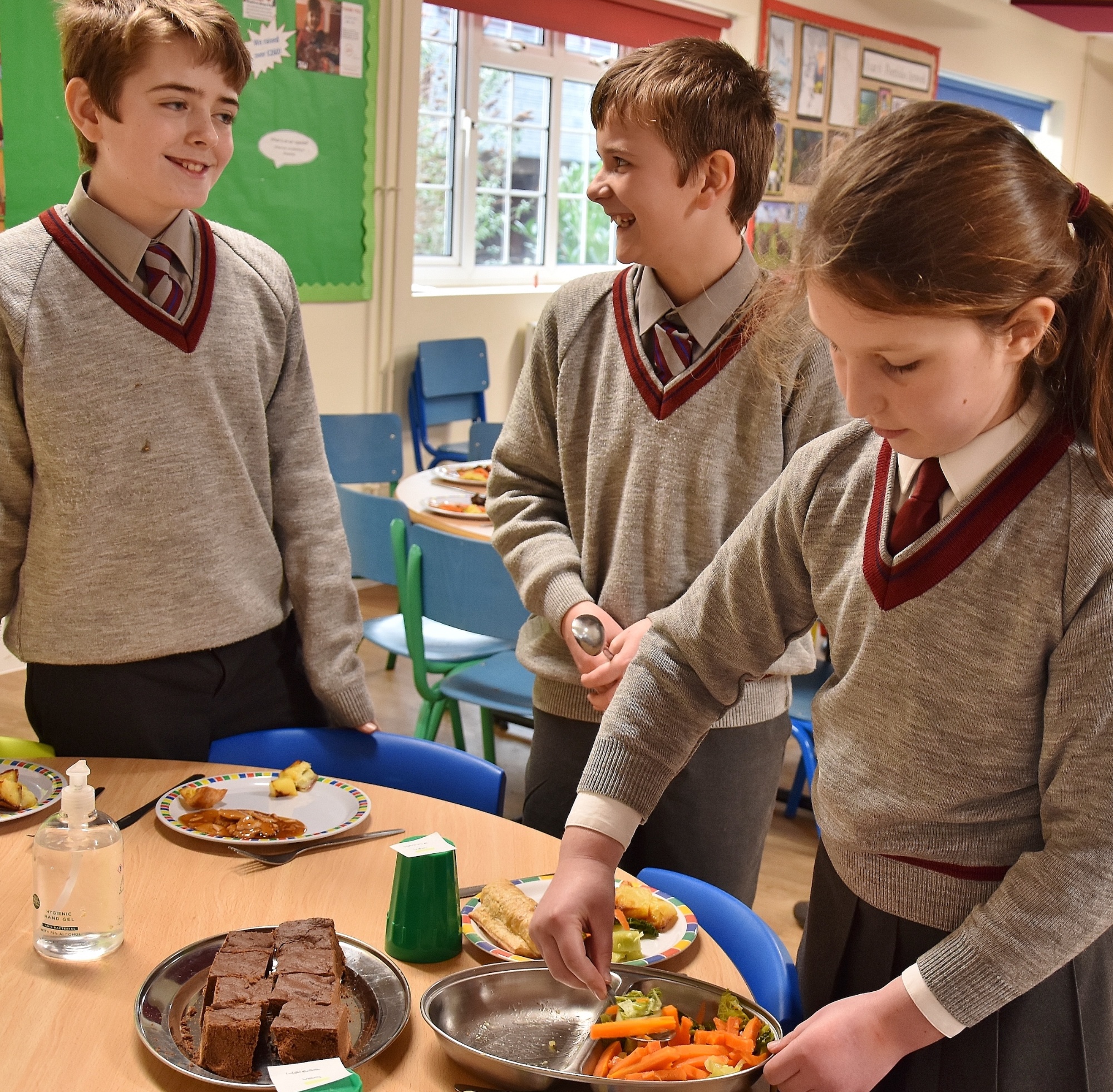SMSC
Spiritual, Moral, Social and Cultural (SMSC) and British Values Vision Statement
The Vision and Rational underpinning SMSC and British Values at The Croft
At the Croft, we believe that children’s Spiritual, Moral, Social and Cultural understanding and development is central to their experiences at our school. We believe strongly that children’s attitudes and beliefs are formed in their early life and will influence the role that they will play as a citizen in our society. We create confident and well-rounded pupils who demonstrate a growth mindset to all changes in life. We recognise that all children need to develop spiritually, morally, socially and culturally so that they can make sense of our ever-changing world. Our curriculum has been created to develop an informed and balanced view on world events, beliefs and the values of others. Our Core Values of Respect, Friendship & Trust, Resilience, Growth Mindset, Creativity and Excellence play a vital role in underpinning SMSC priorities and British Values throughout our school.
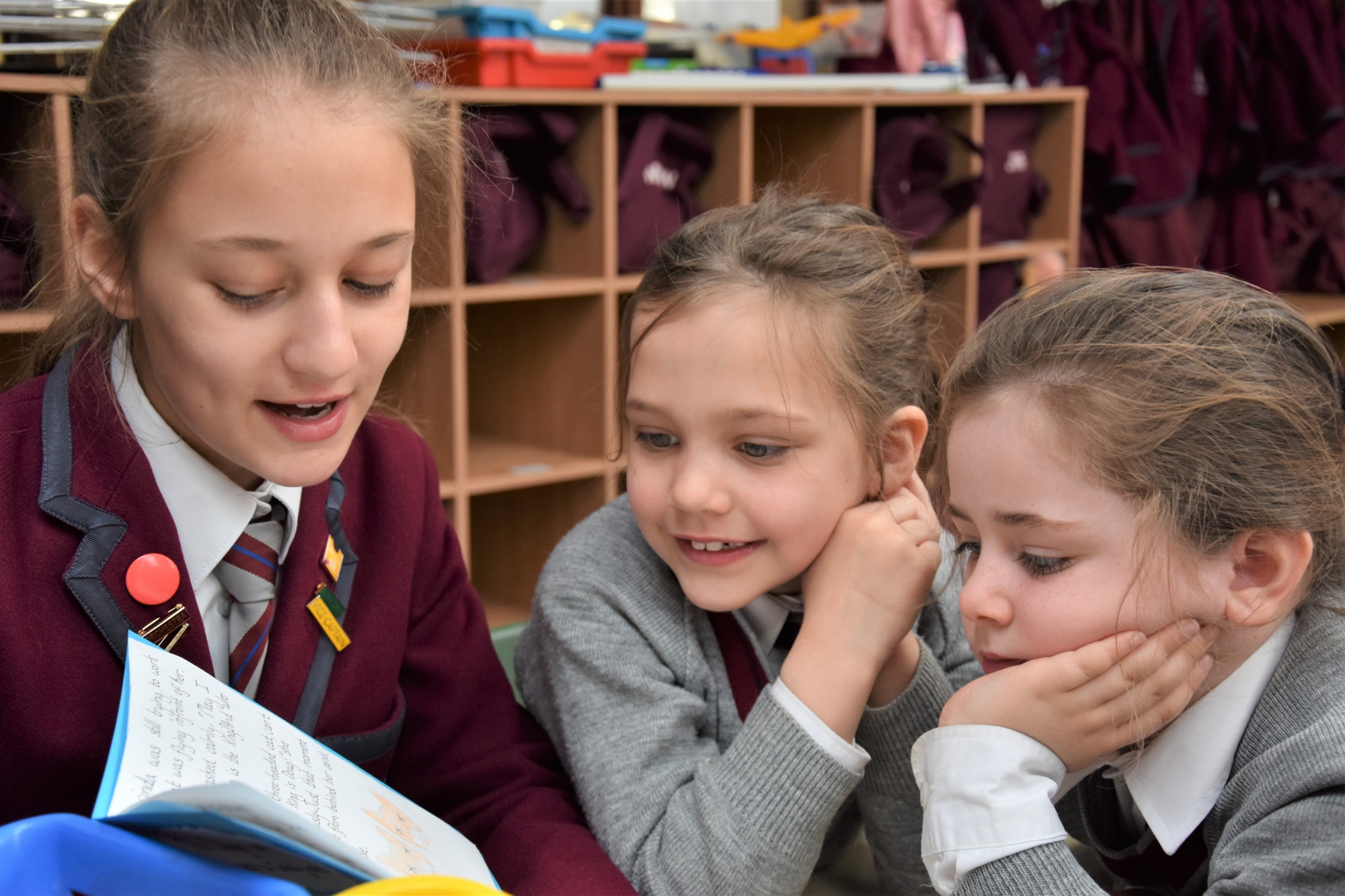
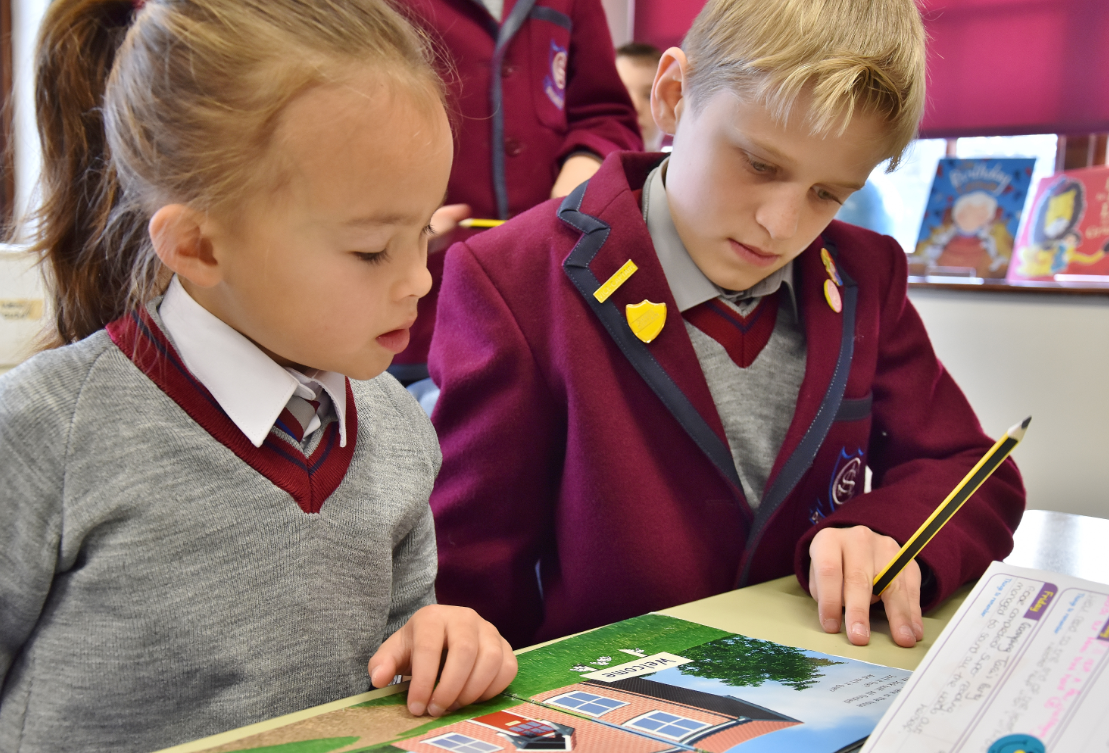
What does SMSC and British Values look like at The Croft?
Spiritual
Spiritual Development is not exclusive to R.E lessons, although these lessons do include learning about their own faith tradition and reflecting on values. Spirituality is fostered through encouraging children as individuals in their understanding of and ability to relate to, others and of society as a whole. Spiritual development may lead to the acceptance of a faith or it may not. The spiritual development of pupils at The Croft is shown by their:
- Ability to be reflective about their own beliefs that inform their perspective on life and their interest in and respect for different people’s faiths, feelings and values
- Sense of enjoyment and fascination in learning about themselves, others and the world around them
- Use of imagination and creativity in all aspects of their learning
- Prayer and worship
Moral
Moral Development is about learning the difference between right and wrong and understanding that there are consequences to our actions. At The Croft, we prioritise helping our pupils to balance their right to an opinion and to freedom of speech, with their respect and tolerance of others’ values and beliefs – this is driven by our Core Values of Respect, Friendship and Trust. The moral development of pupils at The Croft can be seen by their:
- Ability to recognise the difference between right and wrong and to readily apply this understanding in their own lives, recognise boundaries and, in so doing, respect the civil and criminal law of England
- Understanding of the consequences of their behaviour and actions
- Interest in investigating and offering reasoned views about moral and ethical issues and ability to understand and appreciate the viewpoints of others regarding these issues
Social
Social Development is about how we equip our children to have an understanding of the part that they play within the school community and wider society. Through their social development, we encourage children to build relationships with a wide variety of peers, participate fully in the community and develop an understanding of good citizenship. The social development of pupils at The Croft is shown by their:
- Use of a range of social skills in different contexts, for example working and socialising with other pupils, including those from different religious, ethnic and socio
- Economic backgrounds
- Willingness to participate in a variety of communities and social settings, including by volunteering, cooperating well with others and being able to resolve conflicts effectively
- Acceptance and engagement with the fundamental British values of democracy, the rule of law, individual liberty and mutual respect and tolerance of those with different faiths and beliefs;
- Ability to develop and demonstrate skills and attitudes that will allow them to participate fully in and contribute positively to life in modern Britain
Cultural
Cultural Development is about children understanding and appreciating their own culture and other cultures in Britain and throughout the world. It is an exploration of how we are the same and how we are different; how we came to be the way we are and how we are changing. Cultural development at our school is key to developing community cohesion and pride as well as curiosity and wonder at the world. The cultural development of pupils at The Croft is shown by their:
- Understanding and appreciation of the wide range of cultural influences that have shaped their own heritage and those of others
- Understanding and appreciation of the range of different cultures within school and further afield as an essential element of their preparation for life in modern Britain
- Knowledge of Britain’s democratic parliamentary system and its central role in shaping our history and values
- Understanding of and appreciation of different faiths and cultural diversity and the way in which they understand, respect and celebrate diversity
Fundamental British Values
The DfE has recently reinforced the need “to create and enforce a clear and rigorous expectation on all schools to promote the fundamental British values of democracy, the rule of law, individual liberty and mutual respect and tolerance of those with different faiths and beliefs.”
Here at The Croft, fundamental British Values are promoted in the following ways:
Democracy
- Giving pupils a ‘Voice’ e.g. a democratically elected School Council, Student Food Council and voting for House Captains and end of year awards
- Our pupils are encouraged to have an input into what and how they learn to instil an understanding of democracy for their future Rule of Law
- The Croft has a high regard for the laws that govern and protect the school, the responsibilities that this involves, and the consequences when laws are broken (see Good Behaviour Policy)
- Pupils are taught these values and the reasons behind laws, whether they govern the class, the school or the country that are essential for their wellbeing and safety
- Pupils are allowed healthy debate in class to encourage recognition of the importance of the law.
- The Croft understands the importance of promoting British values through a comprehensive and unprejudiced curriculum
Rule of Law
- The Croft has a high regard for the laws that govern and protect the school, the responsibilities that this involves, and the consequences when laws are broken (see Good Behaviour Policy)
- Pupils are taught these values and the reasons behind laws, whether they govern the class, the school or the country that are essential for their wellbeing and safety
- Pupils are allowed healthy debate in class to encourage recognition of the importance of the law
- The Croft understands the importance of promoting British values through a comprehensive and unprejudiced curriculum
Mutual Respect & Tolerance of different Cultures and Religions
- Respect forms a Core Value of the school’s ethos
- Pupils are treated with respect and learn to treat each other and all members of staff with respect
- This is reinforced through the Good Behavioural Policy and our Core Value displays
- Throughout the year, assemblies are held focussing on bullying, with reference to prejudice-based bullying, and discussion is encouraged
- Tolerance of those of different faiths and beliefs is supported by the RE and PSHE curriculum
Individual Liberty
Pupils are always encouraged to make choices in a safe and nurturing environment. Children at The Croft are encouraged to know, understand and exercise their rights and personal freedoms and are advised how to exercise these safely through:
- Online Safety and PSHE lessons
- Choices about their learning challenge and how they record
- Participation in our numerous extended learning clubs and opportunities
- Discussions and ‘Show and Tell’
- Faculty Non-uniform days
Pupil Voice
The term ‘Pupil Voice’ describes how pupils give their input to what happens within the in all areas of Croft life. Our desire is for pupils to know that their expertise, opinions and ideas are valued in all aspects of their schooling. Pupil Voice permeates all levels of our work, from pupils participating in small group classroom conversations to pupils establishing procedures, events and contributing to the overarching ethos of the school primarily through the School Council and newly formed Food Council.
